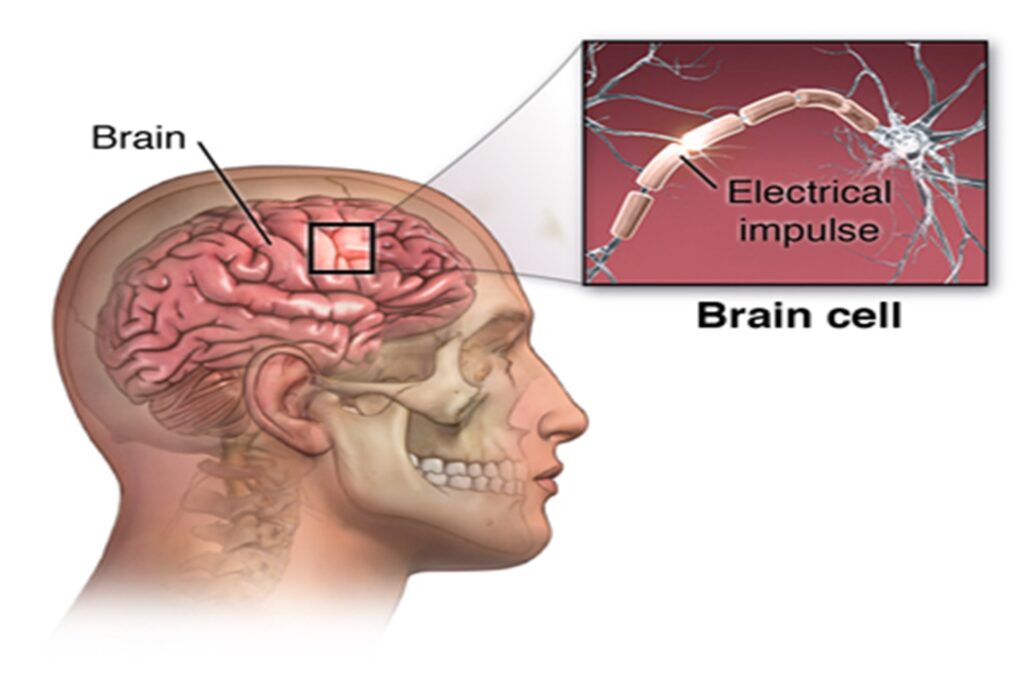
Overview:
Seizure disorders, also known as epilepsy, are a group of neurological conditions characterized by recurrent, unprovoked seizures. A seizure occurs when there is a sudden electrical disturbance in the brain, leading to temporary changes in movement, behavior, sensation, or consciousness.
Causes:
Seizure disorders can have various causes, including genetic factors, brain injury, brain infections, stroke, tumors, or an imbalance in brain chemicals. In some cases, the exact cause may remain unknown. Conditions such as cerebral palsy, brain infections like meningitis, or alcohol withdrawal can also lead to seizures.
Symptoms:
The symptoms of a seizure vary depending on the type and area of the brain involved. Common symptoms include uncontrollable jerking movements, loss of consciousness, staring spells, confusion, and auras (a sensation or warning sign before a seizure occurs). Seizures can range from mild to severe, and may last from a few seconds to several minutes.
Treatment:
Seizure disorders are usually treated with anticonvulsant medications that help control and prevent seizures. In some cases, surgery may be required if seizures are not responsive to medication. Other treatments include ketogenic diets and brain stimulation therapies for certain patients. A healthcare provider may also recommend lifestyle changes and regular monitoring to manage the disorder.
Precautions:
Patients with seizure disorders should follow their doctor’s instructions regarding medication and avoid situations that may trigger seizures, such as stress, lack of sleep, or flashing lights. It’s important to maintain a regular schedule and avoid alcohol or recreational drugs that can interfere with medication.
Prevention:
While not all seizures can be prevented, managing risk factors such as controlling underlying health conditions (e.g., high blood pressure or diabetes), maintaining a healthy lifestyle, and adhering to prescribed medications can reduce the likelihood of seizures.
For expert care in seizure disorders, visit KDM Hospital in Lucknow. The hospital provides comprehensive facilities, including 24/7 doctor availability, affordable treatment options, and ambulance services for emergency cases.
